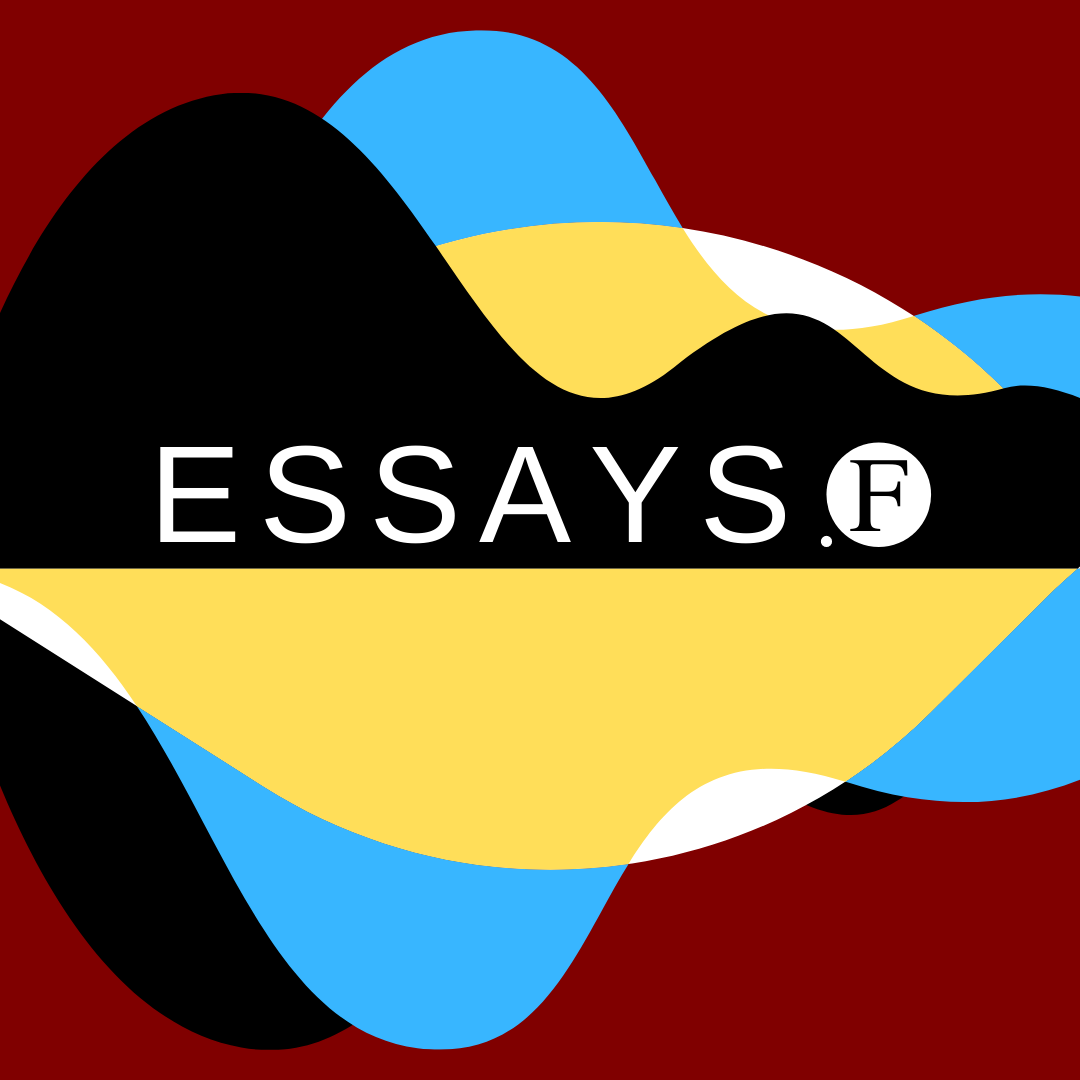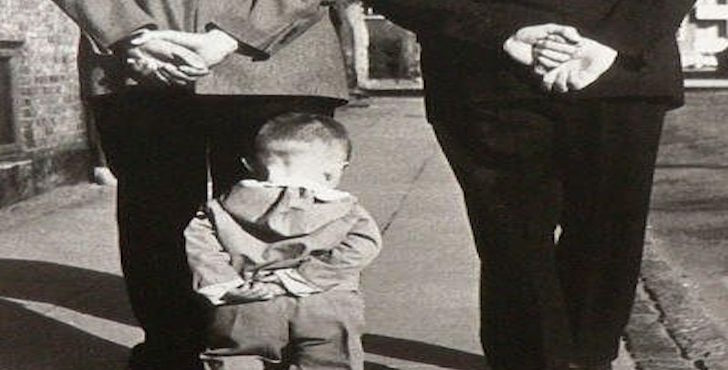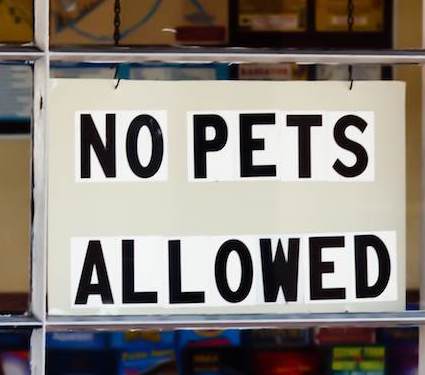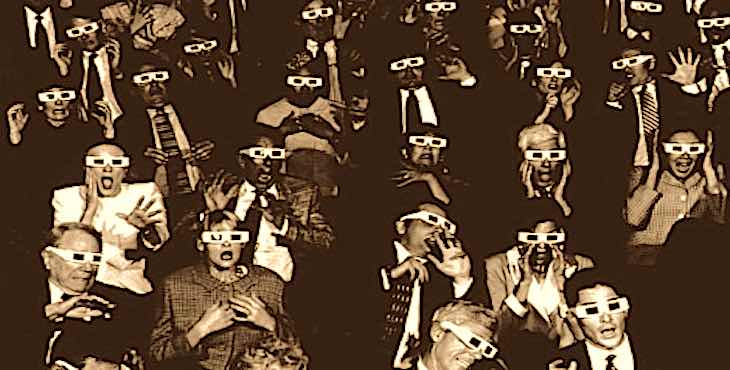Just Leisure?
Blain Neufeld argues that adults and children have a right to free time
Here are two things that generally are not emphasized in contemporary philosophical discussions of political justice: (1) the role of leisure time in our lives and (2) the quality of people’s childhoods. Neither leisure time nor childhood is a central concern in John Rawls’s influential conception of ‘justice as fairness’. It’s not that Rawls ignores these things entirely: he briefly notes that leisure time could be a concern of justice, insofar as it can be construed as interchangeable with income and wealth; and he discusses the importance of education, within both families and schools, in preparing children for adult citizenship. But leisure time and the non-educational dimensions of children’s lives are peripheral to his overall theory.
Is this a problem with Rawls’s conception of justice? I think that it is. (It’s also a problem with almost all other contemporary accounts of justice.) But with a straightforward revision, I think that this problem in Rawls’s account can be overcome. In fact, other elements of his view require recognizing a certain amount of leisure time for adults as a basic right. And recognizing this basic right also secures an important element of justice for children.
First let’s think about leisure time for adults. Rawls’s conception of justice rests on a conception or ideal of democratic citizens. Such citizens are construed as having three fundamental interests. Two of these interests involve the ability to exercise what Rawls calls the ‘moral powers’. The first moral power is the capacity to form and act upon one’s ‘sense of justice’. We should exercise this capacity, for instance, when voting, and it should move us to act politically to address injustices committed by governments, corporations, or other organizations. The second moral power that Rawls attributes to citizens is the capacity to form and revise ‘conceptions of the good’. A conception of the good is a family of aims and ends that give value or meaning to one’s life. So complying with one’s religious commitments, being a successful doctor, creating works of art, or enjoying beer with friends can all be elements of conceptions of the good. The third higher-order interest of citizens is that of advancing or pursuing their conceptions of the good (whatever those happen to be). If your conception of the good involves becoming a doctor, for instance, then this interest involves you having access to the resources and opportunities necessary to have a fair shot at realizing this goal (even if, ultimately, you are not successful).
These three interests are meant to work together: as citizens, we are not concerned exclusively with justice, but our sense of justice constrains our pursuit of our conception of the good. So while realizing my personal goals might be more important to me than promoting justice, my sense of justice nonetheless should constrain me from, say, cheating on my taxes or exams in order to further my goals. Moreover, whatever our broader religious or philosophical views (whether we endorse, say, Buddhism or utilitarianism), this ideal is one that we, as citizens, can share and use to shape our political relations (but it need not shape our relations in other contexts, such as in voluntary associations like religious institutions, universities, clubs, friendships, and so forth).
This conception of citizens underpins Rawls’s political theory, including its ‘basic needs’ principle. This principle, Rawls explains, is ‘a lexically prior principle requiring that citizens’ basic needs be met’ (Political Liberalism, p. 7). (By ‘lexically prior’ Rawls means, roughly, that this principle must be satisfied in order for the other principles of justice to be satisfied.) The basic needs principle—which should be a ‘constitutional essential’ in a democratic society—includes rights to subsistence and shelter, basic healthcare, and (primary and secondary) education. Without these basic needs satisfied, the liberties and resources distributed by the other principles of justice are of little use to citizens. Liberty of conscience and freedom of association, for instance, cannot be exercised meaningfully by people mired in ignorance or who lack food and shelter. These basic needs, then, are preconditions for the realization of citizens’ fundamental interests.
Let’s return to leisure time. Rawls considers leisure time to be the kind of good that is interchangeable with income and wealth. Against Rawls, I recommend that up to a certain level, leisure time should be understood as a basic need, analogous to education. This is because a certain amount of free time is necessary for our exercise of our two moral powers and advancement of our conceptions of the good. With respect to our first moral power, our sense of justice, time way from work and satisfying our basic needs (or those of our dependents) is required for us to reflect upon and deliberate about political issues, as well as to contribute to the political decision-making processes of our society. With respect to our second moral power, our capacity to form and revise conceptions of the good, some amount of free time is required to reflect critically upon, and if necessary revise or replace, our conceptions of the good. And finally, leisure time (normally) is necessary for the pursuit of our conceptions of the good (at least those aspects of our conceptions that are not directly part of our work or care-giving duties). Above the threshold necessary for this essential exercise, though, Rawls may be correct that it would be appropriate to treat leisure time as interchangeable with income and wealth.
What about the kids? In recent years a number of philosophers have begun to explore the nature and value of what may be referred to as ‘childhood goods’. These are goods that normally can be realized fully only while we are children. Examples of childhood goods include engaging in creative play (including unstructured play), relationships with other children, time spent outdoors, physical activity (including sports), and opportunities to make or enjoy art and music. Granted, many (perhaps all) of these goods are available during both childhood and adulthood. But what is central to the idea of distinct childhood goods is: (a) the claim that the forms that these goods take during our childhood differ from the forms that they take during our adulthood (compare, for instance, childhood friendships versus adult ones, or they kinds of play that children engage in versus the kinds of play that adults engage in); and (b) the claim that it is good for us to enjoy childhood goods, in their distinctly ‘childhood forms’, during the childhood stages of their lives. It seems intuitively unjust for some people to have miserable childhoods unnecessarily—to enjoy few or no childhood goods—even if they eventually become fully capable of exercising their moral powers as adults.
According to Colin Macleod, though, Rawls’s conception of justice cannot include childhood goods within its purview. This is because all the justice-relevant interests identified by Rawls are those that we have as adults. To the extent that Rawls considers questions concerning childhood—for instance, in his discussions of education and families—these questions are focused on children as future citizens. There’s no room within Rawls’s account for the distinct intrinsic goods of childhood. This should be unsurprising, according to Macleod, as Rawls’s principles of justice relies on a conception of citizens as adults.
I don’t think that the political conception of justice as fairness fares nearly as badly as Macleod claims with respect to childhood goods. The realization of such goods can be facilitated, albeit indirectly, via leisure time. This is because leisure time, when used or enjoyed during the childhood stages of our lives, involves the realization of (some mix of) childhood goods.
My defence of this claim draws on one of the higher-order interests that Rawls attributes to citizens. In addition to the two moral powers, recall, there’s a third higher-order interest that Rawls attributes to citizens. This is the interest in advancing or realizing determinate conceptions of the good over the course of our lives. I think that we can understand childhood goods as occupying an important place with respect to this interest. This is because (almost all) conceptions of the good include childhood goods as part of their overall accounts of what makes up a good life. That is, most conceptions of the good judge lives to be better if they include, during childhood, some mix of things like engaging in creative play, enjoying childhood friendships, exploring the natural world, trying out various artistic, musical, and athletic activities, and so forth. Hence leisure time should be secured for children, so that they can enjoy (some combination of) these goods, as they are elements of (almost) all conceptions of the good. And this should be done, I maintain, despite the fact that we adopt these conceptions of the good that include childhood goods only after we leave the childhood stages of our lives.
For us, as adult citizens, our interest is to advance a conception of the good that we ourselves have adopted and endorsed. Children do not yet have conceptions of the good. But since (almost all) conceptions of the good that we eventually adopt will include the childhood portions of our lives, we should secure for all people access to childhood goods via the provision of leisure time. In short, certain childhood goods can be realizable adequately for all citizens by means of the just distribution of leisure time over our complete lives.
Leisure time, moreover, can be secured through public policies and institutional design. Securing free time (time away from work) for parents enables them to spend time with their children; such ‘family time’ can involve the realization of childhood goods in the lives of children. And securing leisure time directly for children—as well as providing the public spaces and resources necessary for children to make effective use of that time (such as playgrounds, well-funded schools with robust extra-curricular options, sports leagues, and so forth)—also facilitates or promotes the realization of childhood goods in the lives of people during their childhoods.
For both adults and children, then, there should be a right to adequate leisure time. Such a right should be part of the basic needs principle that has priority over other principles of justice. This right, moreover, follows from the Rawlsian conception of citizens and their interests. If this idea seems implausible, it is worth noting that a right to leisure time is included within the Universal Declaration of Human Rights (Article 24). And the UN Convention on the Rights of the Child (1989) identifies a ‘right of the child to rest and leisure, to engage in play and recreational activities appropriate to the age of the child, and to participate freely in cultural life and the arts’. What are lacking in many contemporary societies (especially the United States) are the policies, resources, and institutions to realize adequately these rights for all citizens.
The Source Code
This essay is based on the article, ‘“The Kids Are Alright”: Political Liberalism, Leisure Time, and Childhood’, published in Philosophical Studies.






